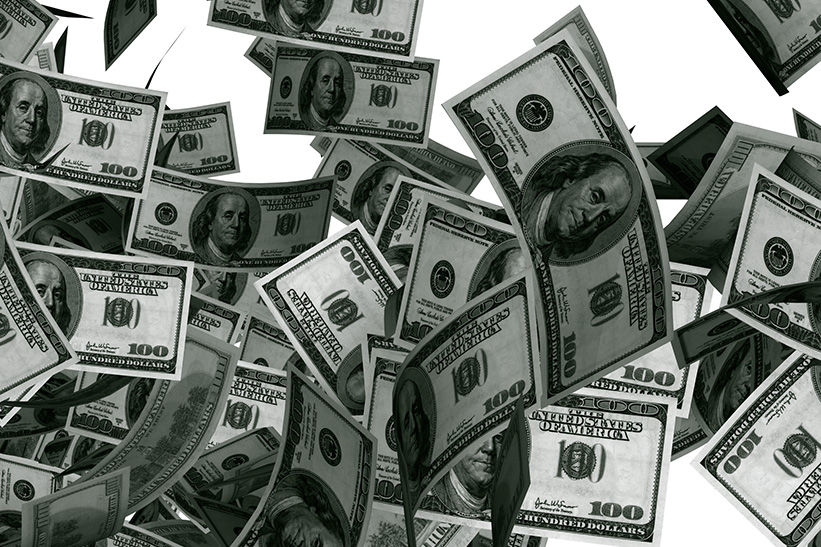Minimum wage hikes are very popular. But the debate over them is old — and odd. It has gotten more ideological in recent years. It used to be that nearly every economist admitted (if not proclaimed) that prohibiting work below a too-high-for-productivity wage rate would cause unemployment … somewhere. And yet, there have been a few much-publicized studies that “looked for consequences” of minimum wage law hikes and found no or scant unemployment effects.
Well, the big news last week was the Seattle Minimum Wage study, by a team of University of Washington economists. We briefly touched on it on Tuesday and expanded on the issue in a related story on Wednesday. Now, there’s more — click on over to Townhall.com.
Background material:
- Robert P. Murphy, Charles Lammam, and Hugh MacIntyre: “Raising the Minimum Wage: Misguided Policy, Unintended Consequences” (PDF)
- Economist Jonathan Meer’s Facebook post on the issue, well worth reading.
- The study, a National Bureau of Economic Research (NBER) working paper: “MINIMUM WAGE INCREASES, WAGES, AND LOW-WAGE EMPLOYMENT: EVIDENCE FROM SEATTLE” (PDF)
- Daniel Person: “The City Knew the Bad Minimum Wage Report Was Coming Out, So It Called Up Berkeley”
- Michael Reich, Sylvia Allegretto, and Anna Godoey (from Berkeley): “Seattle’s Minimum Wage Experience 2015 – 16” (PDF)
- A typically ideological reaction to the two studies, siding with the Berkeley economists — in Fortune by Josh Hoxie: “The Seattle Minimum Wage Study Is Utter B.S.”
- Alex Tabarrok’s report on the Denmark labor study: “The Minimum Wage: Evidence from a Danish Discontinuity”

One reply on “Townhall: The Minimum Wage — Science Strikes Back”
For those who FAVOR minimum wage laws, they should keep in mind that the original regulations in Great Britain, set a MAXIMUM WAGE and MINIMUM HOURS —- political laws do NOT belong in economic world~